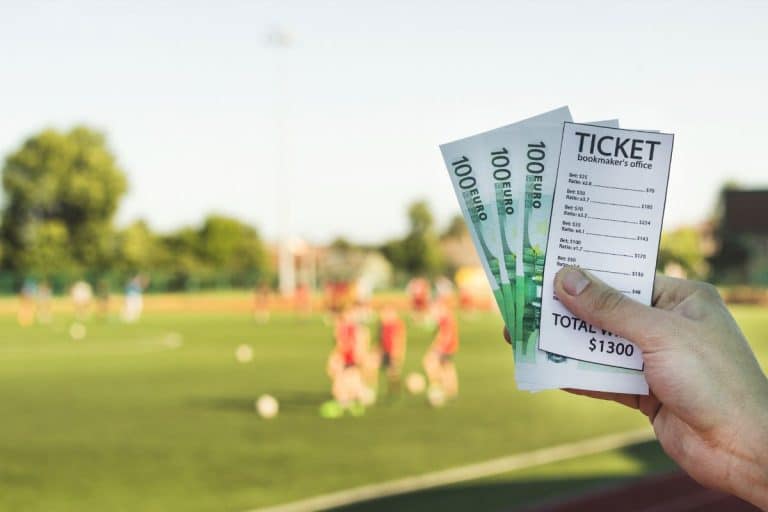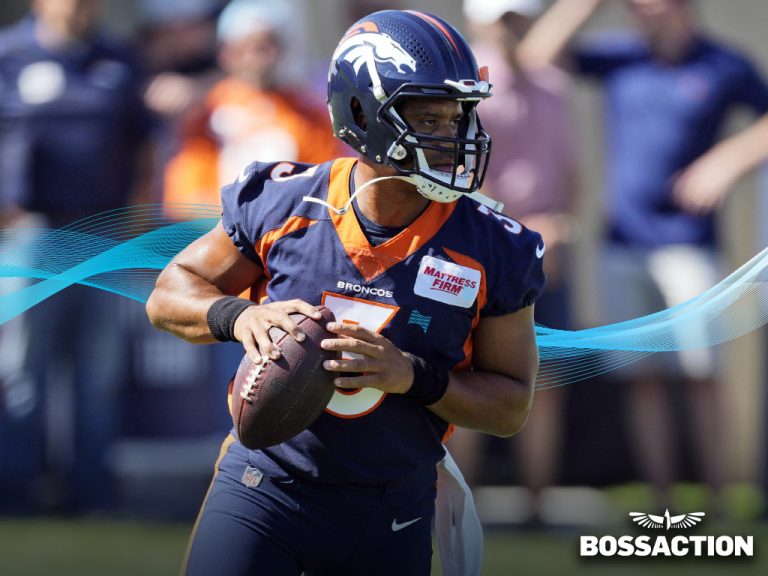Whether you’re an avid bookie or new to it all, you’re probably aware that bookmaking is an extremely challenging and complex process, but if you’re a beginner, you’re probably not aware of just how difficult it can be. See, bookies don’t just simply make up the odds on whatever you’re betting on, they calculate them precisely and dependent on a wide variety of different factors, all of which need to be taken into account before they are offered to the public.
Live betting is very much a recent emergence and allows betters to place their bets on things as they’re happening, this means that bookmakers are having to learn to calculate odds in real-time and adjust the odds they were already offering.
In this article, we’ll explore everything there is to know about calculating odds, live bets, and the factors that can affect them both. So, how do bookies calculate odds and live bets? If you’ve ever wanted to explore odds calculations, then now is your chance!
How Do Bookies Calculate Odds and Live Bets
Basic Principles Of Odds Calculation
When it comes to calculating odds, bookmakers will use a variety of different methods depending on the event.
Regardless of the methods though is the concept of probability, which is a way of measuring the likelihood of a particular event or action happening.
It is this probability that bookmakers convert into odds, allowing them to express the chance of this particular event happening in the form of a ratio or percentage.
While the main objective of odds is to reflect the probability of that event occurring, it’s also worth being aware that bookies will also look to make a profit too.
This is known as many things, including “bookmaker’s juice”, or vigorish (vig), and is a representation of the amount by which the sum of the implied probabilities exceeds 100%.
For example, let’s say that a bookmaker sets the odds at 2.00 for each team in a football game to win.
This implies that there is a 50% chance of each team winning, therefore the sum of these probabilities is 100% meaning that there is no room for a profit margin.
To add a margin of 5%, the odds would need to be adjusted to 1.91 for each team, this implies a probability of 52.36%, making the sum of the probabilities 104.72%.
In order to properly illustrate how bookmakers calculate their odds, allow us to provide you with another example.
Pretend that there’s a tennis match happening between two players, let’s call them A and B. Now, after assessing each player’s strengths, weaknesses, and form, the bookmaker then assigns a probability of 60% to player A and 40% to player B.
The bookmaker then needs to convert these probabilities into odds, which it can do by dividing one by each probability and then multiplying by 100, which will provide them with a percentage.
So for player A, the odds would be 1.67 (1/60, and then multiply the result by 100), and for player B, the odds would be 2.50 (1/40, and then multiply the result by 100).
With the odds calculated, the bookmaker needs to include their profit margin, which would mean the odds for player A would be 1.83, while the odds for player B would be 2.10.
So, if you were to bet 10$ on Player A, and they won, you would win a payout of $18.30, while if you placed the same bet on Player B and they won, you would win a payout of $21.00.
Factors Affecting Odds And Live Bets

When deciding their odds, it isn’t just probabilities that bookmakers rely upon, as there are many other factors that all need to be considered when determining the odds for an event occurring.
The first consideration that needs to be made in form and past performances.
Whether it’s an individual or team sport, bookmakers must consider the form of all of those involved, and try to predict how they might perform in the future.
This can include head to heads, as well as historical performances.
Bookmakers also have to take into account injuries and suspensions. For example, if a team is missing their best player through suspension or injury, then their chances of winning the match are reduced significantly.
Weather and pitch conditions are also a factor that needs to be considered in some sports, more specifically, sports that take place outdoors, such as cricket, or football.
Things such as wind and rain can play an important role in the outcome of the match, while in horse racing, track conditions can also have a significant impact on the results.
Another consideration that bookmakers need to make is market trends. If there is a behavior pattern in customers’ betting, or they believe there’s a shift in opinion or bias towards a particular outcome, they can adjust their prices accordingly.
Real-time Adjustment Of Odds
Arguably one of the biggest challenges for bookmakers is the advent of live betting, which means that the odds need to be constantly adjusted in real-time depending on the circumstances of the event.
As a result, sophisticated algorithms have been developed to help them monitor the market and quickly adjust odds, they also factor in the amount of money being placed on each outcome, and manage the risk exposure too.
Bookmakers also need to make sure that they keep an eye on their competitors’ odds too, as they need to retain as many customers as possible, and want to ensure that their odds are still somewhat fair.
Real-time odds also offer punters a much more transparent betting experience, allowing customers to benefit from any significant changes in their odds, and potentially increasing their payouts too.
Real-time odd adjustments aren’t entirely risk-free, however.
Bookmakers need to be extremely careful that they don’t make any errors when adjusting their odds, and that they do not mislead customers either, which could result in customers placing bets based on misleading information, and some serious consequences for the bookmakers as a result.
As a result, bookmakers will have risk-management systems in place to help prevent them from any excessive losses, such as capping the amount that can be bet, suspending the betting, and monitoring any suspicious activity.
Final Thoughts – How Bookies Calculate Odds
We hope this guide on how bookies calculate their odds and live bets has helped. It can be a confusing process to understand, but with the help of this guide, you’ll now know exactly what bookmakers do to set their odds.
Setting odds, especially in real-time, can be an especially difficult aspect of bookmaking, but adjusting odds in real-time not only benefits the bookmakers by ensuring they have a competitive edge but also helps the customer by offering them a better betting experience.
Remember, it’s important to be responsible when betting, and you should always do so carefully, and if for any reason you feel like your betting is getting out of hand, then you need to get in contact with the relevant authorities.
Thanks for reading!
You May Also Like:



